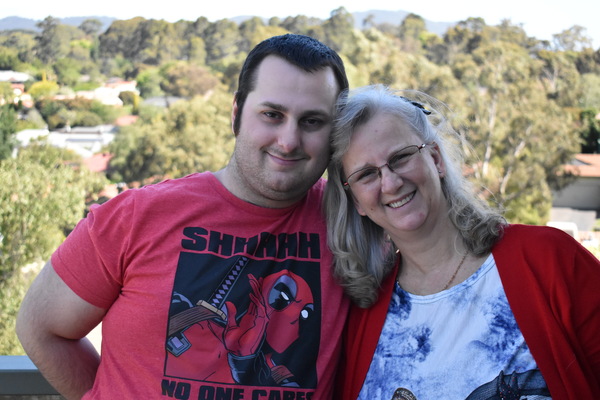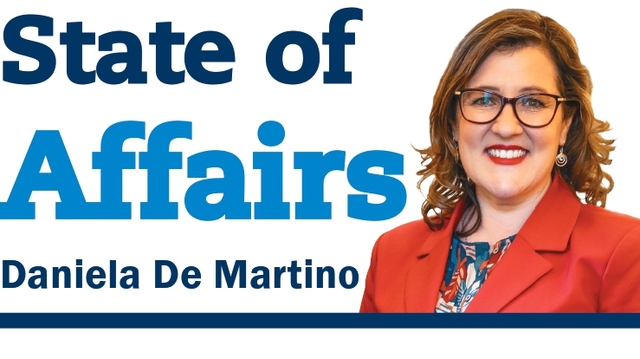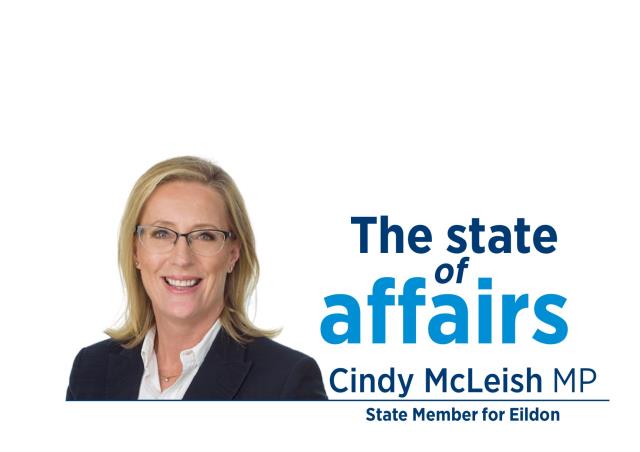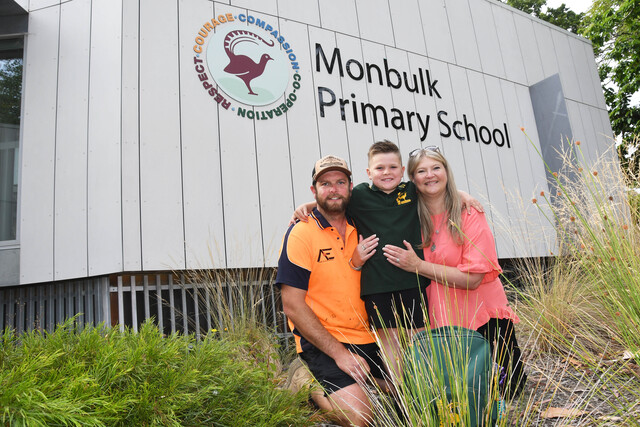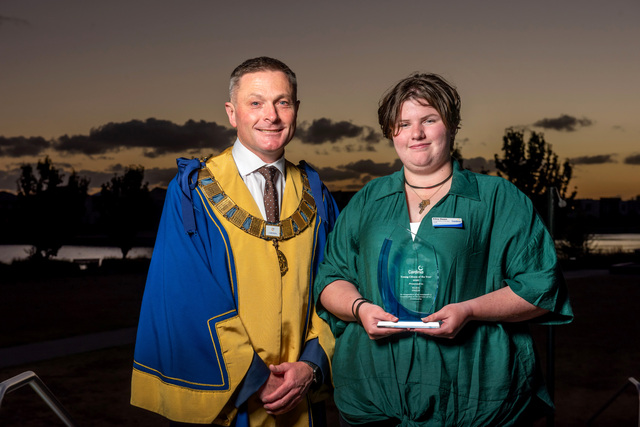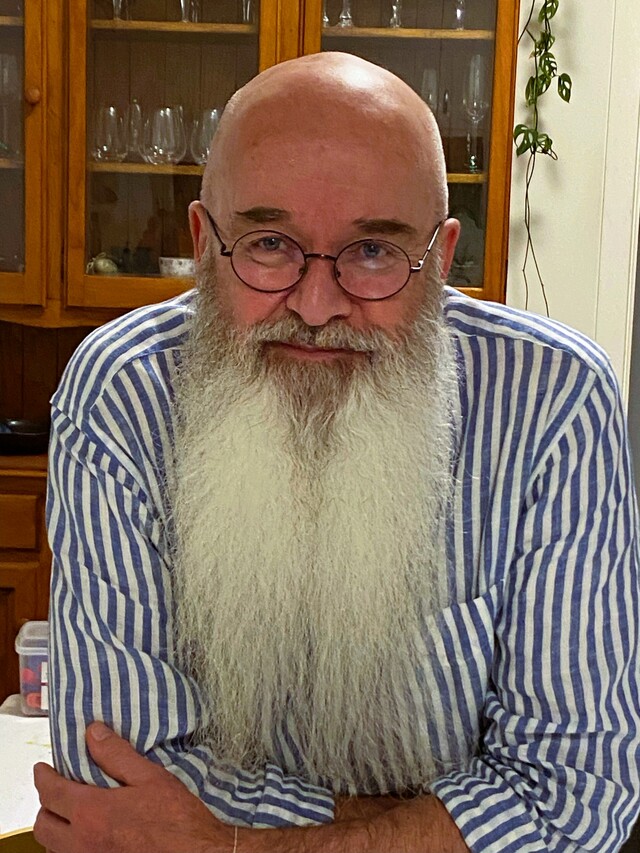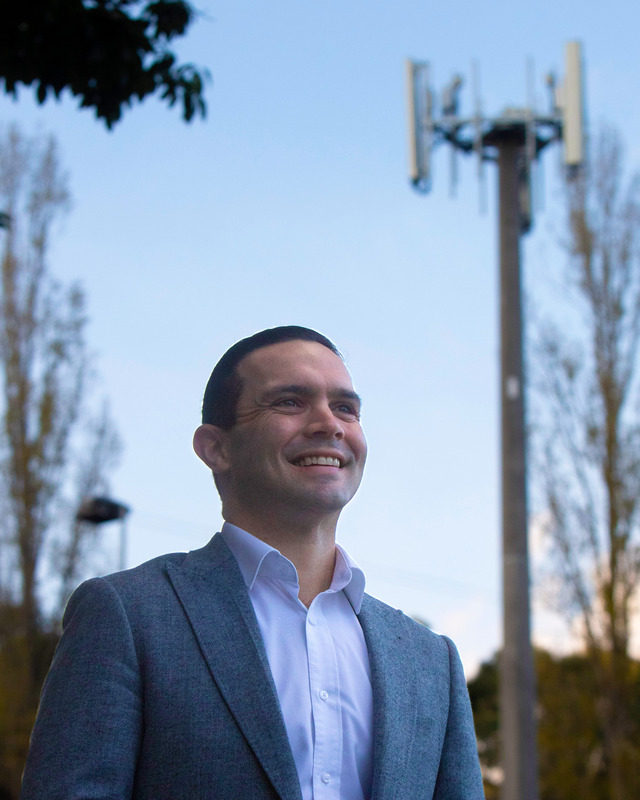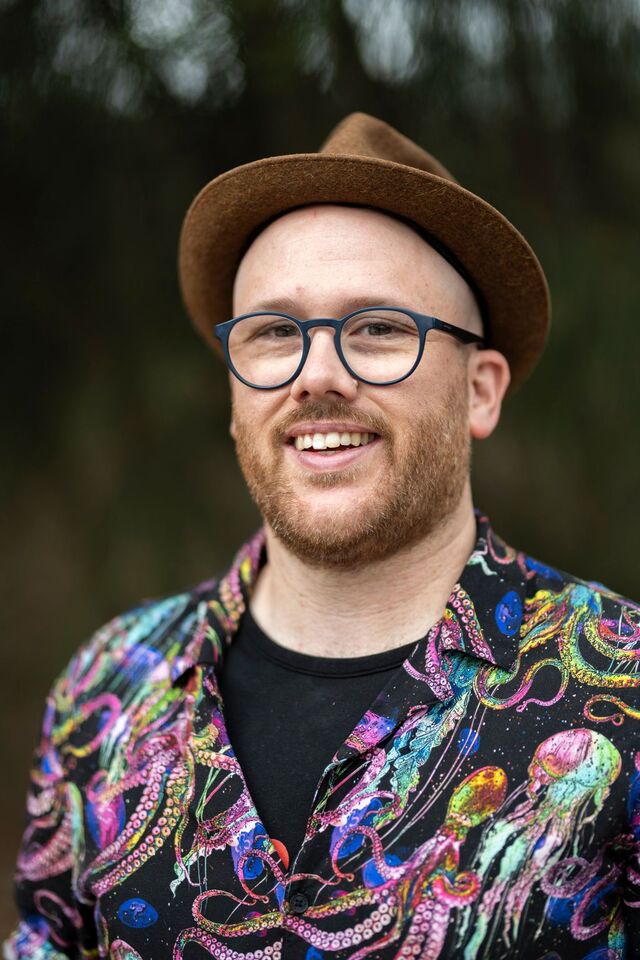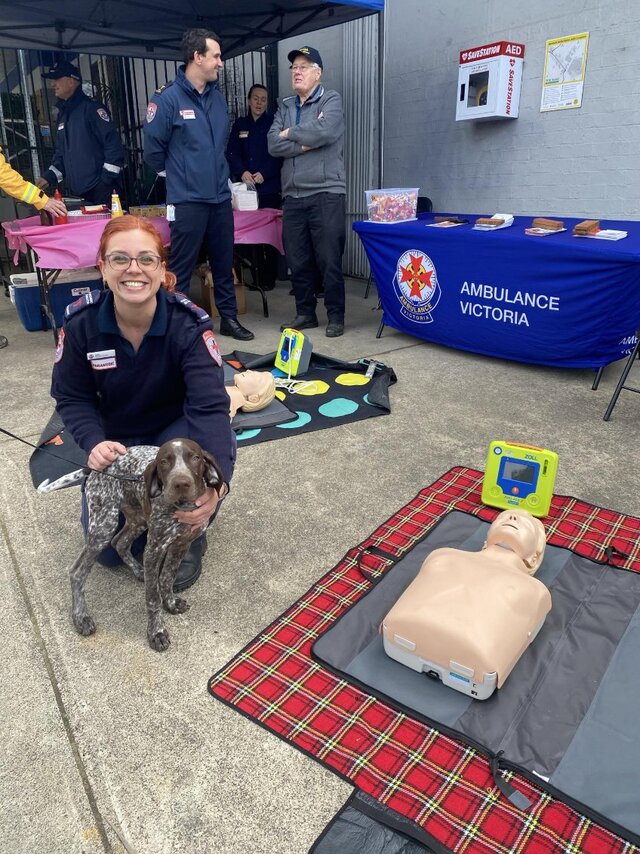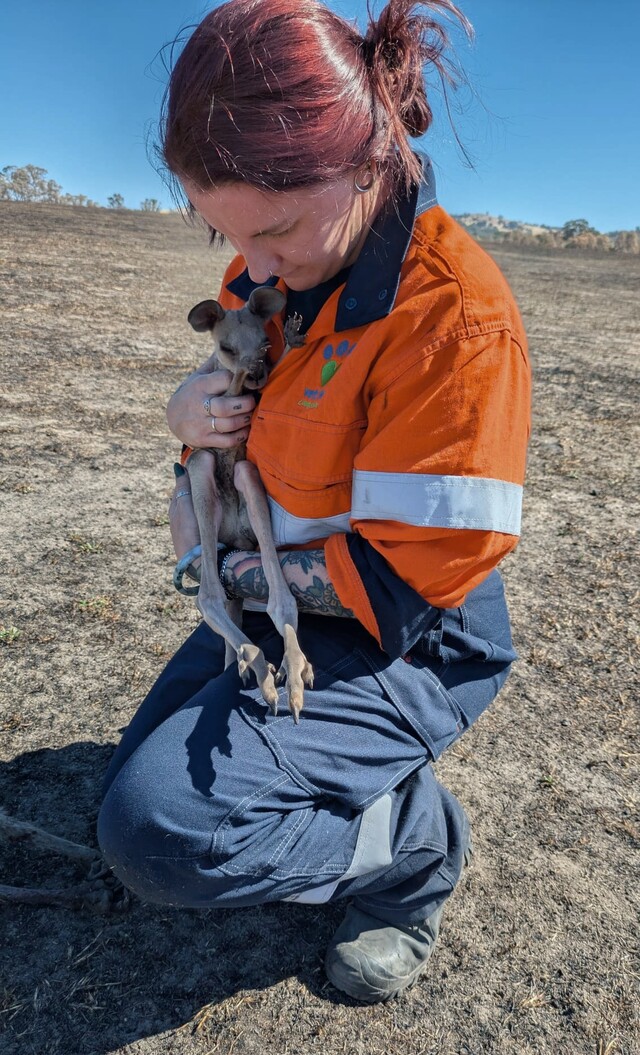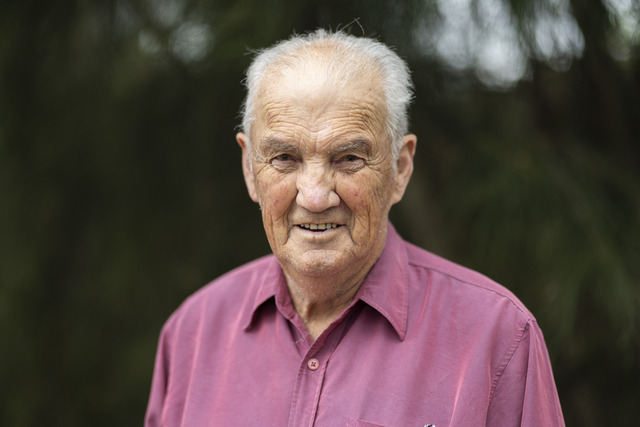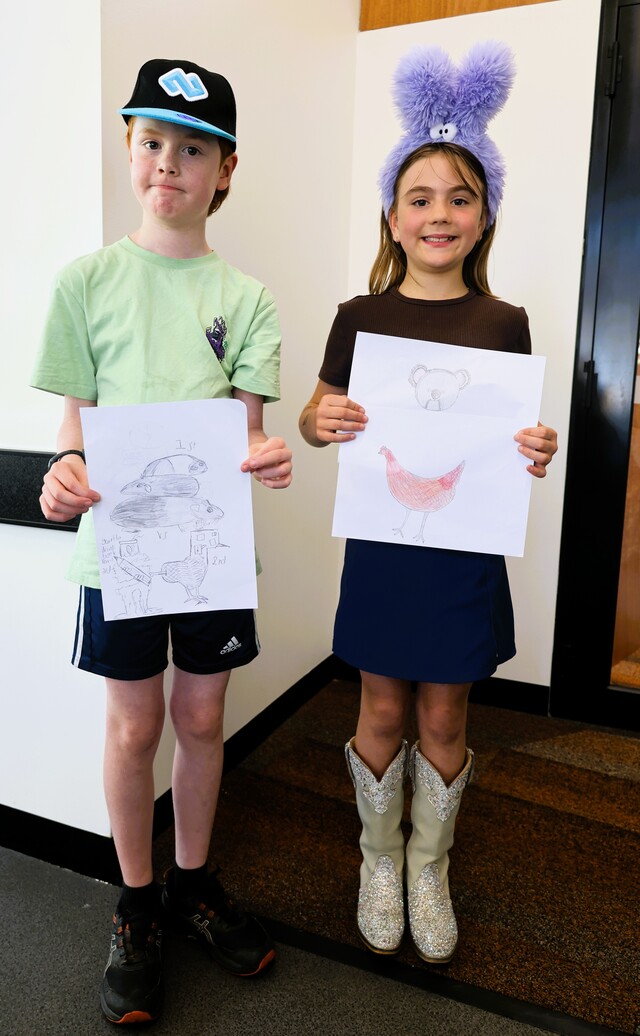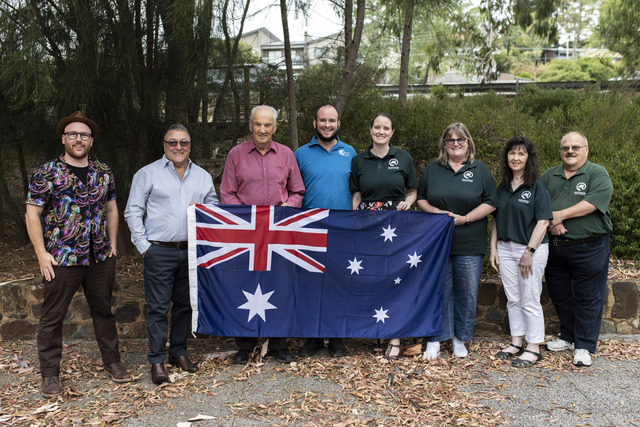For those who have ever wondered what it’s like to live with autism, Nathan Guy described it as hosting a scattered filing cabinet in his mind.
“Everyone has a filing cabinet in their brain and every time they are given information it gets filed correctly,” Nathan said.
“Somebody with autism like me, when they’re talked to or experience something new it is like the filing cabinet is tipped upside down and spread all over the floor.
“I have to find the file first before I can put information into it.”
The 22-year-old Lilydale resident was first diagnosed with autism about 12 years ago.
The diagnosis allowed Nathan to get targeted help and support but for him and his mother, Ann, the challenges of living with a disability are still faced every day.
“Many people know how to deal with a physical disability. If you’re in a wheelchair that’s a very obvious disability,” Ann said.
“But when the disability is in the wiring of the head, not everybody can handle that.
“You’ve got to be able to read what’s happening and whether to back off.”
Growing up, Nathan struggled to find his feet in school, sometimes getting into fights with other students or unable to sit still in class.
His diagnosis helped teachers understand how to help him, such as separating him from other students and giving him space when he was frustrated.
But finishing school and heading into the workplace then became another challenge to overcome.
“Everywhere we’re having to go we’re having to educate who he works with,” Ann said.
Nathan and Ann said they have attempted numerous employment agencies, with most not understanding the suitable workload Nathan can handle.
Nathan has had a few jobs but has struggled to retain anything long-term.
“There’s a lot of niches where people with disabilities could thrive but the mainstream isn’t thinking about them,” Ann said.
“There’s so much they could give, there’s so much talent.
“Just because your legs don’t work or your arms don’t work it doesn’t mean you can’t help people or be part of the community.
“Most of them, that’s all they want to do is be part of the community, to feel useful.”
New research by support organisation Mable found that a majority of those living with disability feel unrepresented and isolated.
According to those surveyed, 87 per cent of people with a disability wish others knew how to better interact with them.
The research also found that people with a disability felt poorly represented in industries such as the media, business, music, movies or film and news and media.
Ann and Nathan agreed with the research findings.
“You don’t see a lot of representation,” Ann said.
“There are minimal people in wheelchairs and any disability.
“There’s no one on talk shows, there’s no one that’s doing interviews.
“Dylan Alcott, he’s doing fantastic representation but you don’t see many others.”
The Victorian Government recently released a new plan to support the state’s autism community which will be backed by $7.1 million in funding.
Victorian’s are also being urged to have their say in the state’s next disability plan.
Ann and Nathan said there still needed to be more all-round support and education in schools and the workplace.
Ann said if people understood those who have autism they would be better suited to help them.
“There’s not one person with autism that’s got the same that’s why they call it a spectrum because there’s such a variety,” she said.
“One thing will affect one child with autism but it won’t affect the next one so you’ve got to really think outside the box of how to deal with them.”
Ann and Nathan recently became involved in Maroondah Different Journeys, an organisation that provides peer support and social events for young autistic adults.
Ann said joining the group has helped both her and Nathan immensely.
“The knowledge that I have got by going to this support network has been incredible,” Ann said.
“The kids get their social support and the parents get information and support.
“The best way to learn is from other parents that have been through the journey.”
For more information on the State Government’s disability plan and the Victorian Autism Plan, visit statedisabilityplan.vic.gov.au.
For more information on Different Journeys, visit www.differentjourneysasd.com.

